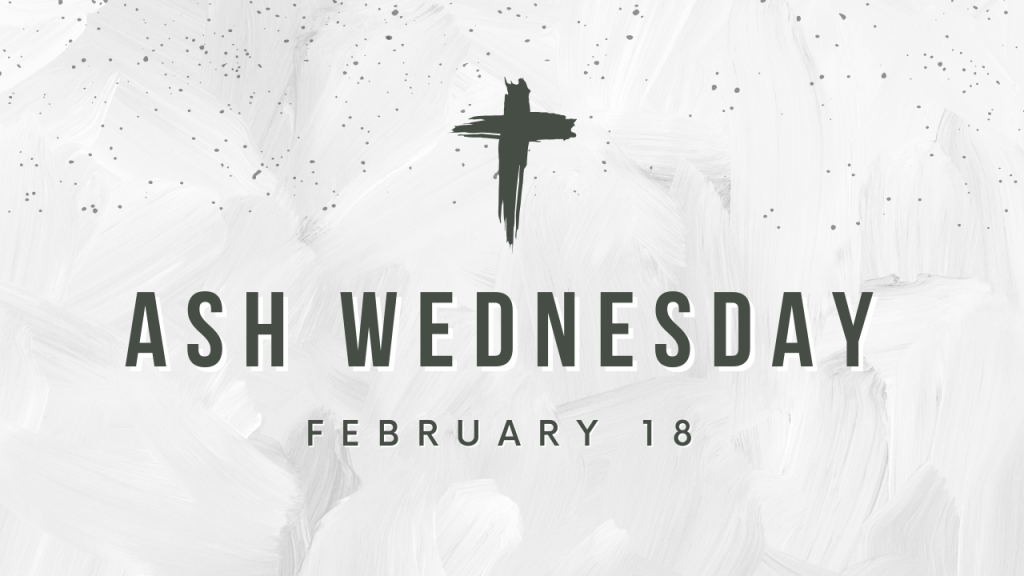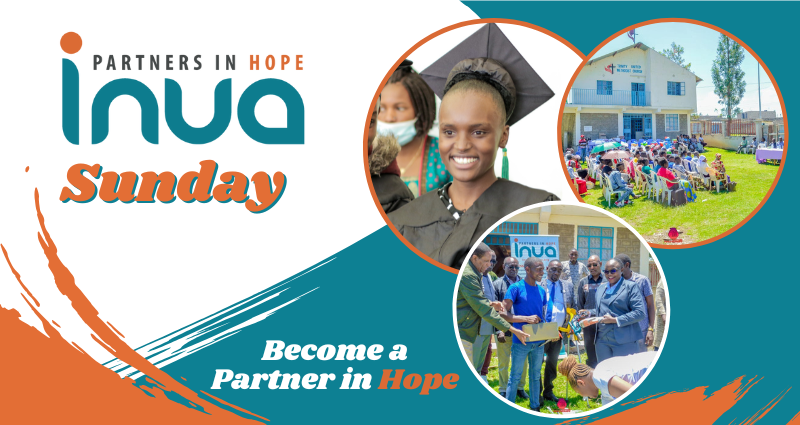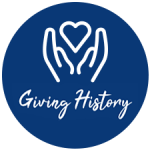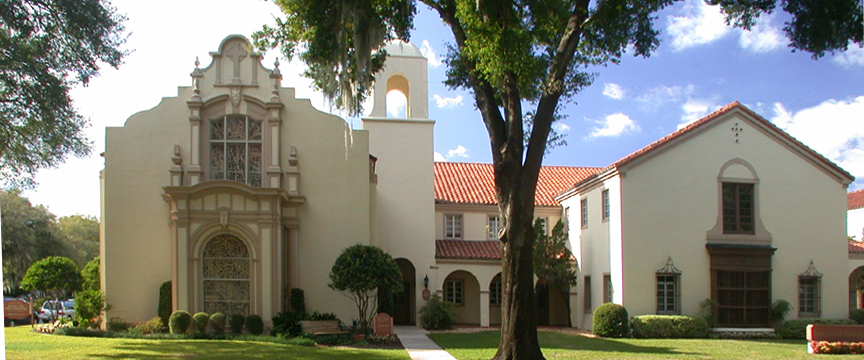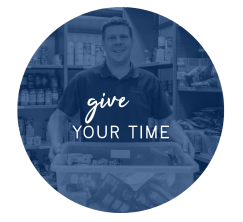Last night we saw Les Miserables. I had seen both movie versions. But seeing it in the theatre was even more fantastic! I particularly love the Les Miserables because it is all about grace! Grace that allows us to escape the brokenness of our past. And grace that leads us into the fullness of God’s love. Remember the scene where Jean Valjean is caught stealing the Bishop’s silver? The soldiers bring him to the Bishop. And the Bishop says he gave Valjean the silver? And as Valjean is released he actually gives Valjean the candlesticks as well? Man, that scene is so powerful! I get choked up just writing about it!
That scene is one of my favorites because it reminds me of the grace God has extended to me! Grace that is beyond expectation. Grace that is undeserved. Grace that is extravagant. When I think of the love God showed for me by willingly dying upon a cross it stirs me deep within!
Which brings me to the picture of Robyn in front of the large plaque. The plaque marks the spot where John Wesley felt his heart strangely warmed. That’s the way he describes his experience of feeling an assurance of God’s love! John has just returned his time as a missionary in Savannah. It did not go well. He has returned consumed with feelings of failure and faithlessness. Then on May 24th, 1738, he attends a service on Aldersgate street. The priest is reading from Luther’s commentary on Romans 3. As Luther describes the change which God works in the heart through faith in Christ, Wesley experiences a moment of being washed over with God’s grace. He says, “I felt I did trust in Christ, Christ alone for salvation; and an assurance was given me that He had taken away my sins, even mine, and saved me from the law of sin and death.” http://www.christianity.com/church/church-history/timeline/1701-1800/john-wesleys-heart-strangely-warmed-11630227.html
How about you? Have you felt God’s grace wash over you? Was there a time when you received God’s unexpected, undeserved and extravagant grace? Has your heart been strangely warmed? If so, what are you doing in response?
Valjean couldn’t believe grace was being extended! He couldn’t fathom why the Bishop would do such a thing! But Bishop explains that he has done this so that Jean Valjean will live a life for God! And as the play continues you see that in fact he does live a life of love and grace for God. When Wesley felt his heart strangely warmed it changed his whole ministry. It became the launching point for a movement that would transform the world. In fact, historians have credited Wesley and the Methodists for saving England from a revolution like the one experience in France.
You have received grace! You are loved deeply and profoundly by God! How is that being revealed in your life now?
Peace,
David


